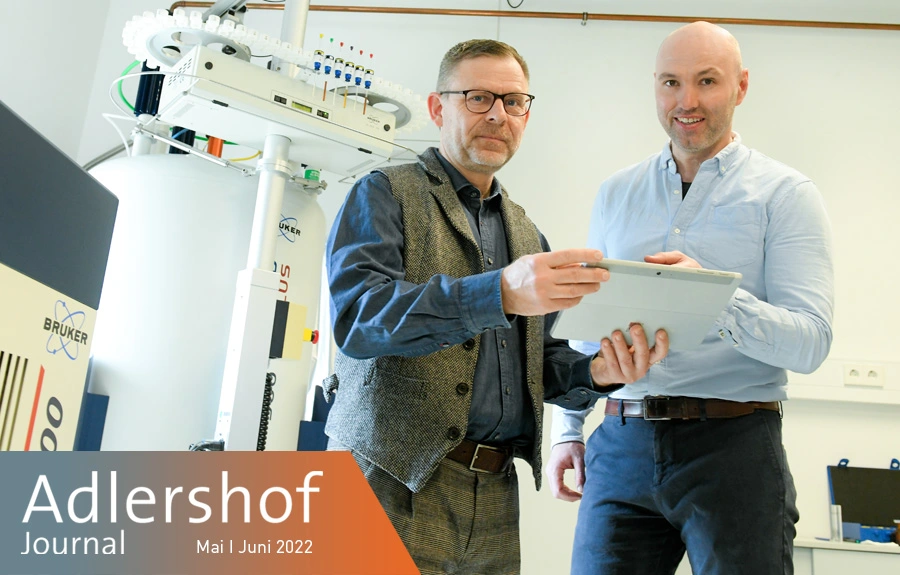Eliminating harmful antibodies
Researchers of the “reCOVer” project, funded by the ministry of education, are testing a substance against Long Covid
The infection is over – but the symptoms remain. Researchers worldwide are looking at where Long Covid comes from and what can be done against it. One of the triggers is an immune response gone off the rails. All humans reacts to sickness by producing antibodies. Some people’s antibodies, however, not only fight the pathogens as planned but make the people themselves fall ill. How to eliminate such antibodies is examined by researchers from Erlangen University Hospital, Max Planck Institute for the Science of Light, Helmholtz Centre Munich, and Humboldt-Universität zu Berlin. In the “reCOVer” project, they are looking closely at an artificially produced piece of DNA that is capable of deactivating harmful antibodies.
Their original tasks is to bind pathogens. However, sometimes, things go wrong – and they turn against the body's own cells. This is the underlying mechanism not only of autoimmune diseases such as multiple sclerosis but also certain types of Long Covid. “These antibodies are the result of an immunological dysfunction,” says Hardy Weißhoff, a chemist at Humboldt-Universität zu Berlin. “It turns antibodies against pathogens into autoantibodies that target a person’s own body.” Long Covid patients affected by these autoantibodies often find it difficult to even move. They are tired and have trouble concentrating.
Help could come in the form of a tiny shred of DNA – a so-called aptamer, dubbed BC 007, and designed by the Berlin-based company Berlin Cures, which is specialised on neutralising autoantibodies. BC 007 – the name stands for Berlin Cures but is also a tongue-in-cheek reference to the famous secret agent.
Taken in the form of medication, it is supposed to bind harmful antibodies and render them inoperative. Targeted medication can also prevent the fatal consequences for patients. Whether the drug is also able to hinder the production of harmful autoantibodies is still subject to research.
“We will investigate how BC 007 binds the antibodies in question here in Adlershof, as part of reCOVer, a research project that was launched in March 2022 and is funded with 1.2 million euros by the Federal Ministry for Education and Research,” explains Hardy Weißhoff’s colleague, André Dallmann. As a chemist and the head of the NMR spectroscopy department, Dallmann and his colleagues are responsible for shedding light on the exact binding mechanism, to better understand the way the medicine works, and to identify possible side effects. “Specifically, we want to determine which types of chemical bonds are formed between the building blocks of BC 007 and the building blocks of the antibodies,” says Hard Weißhoff.
To achieve this, the chemists use NMR spectroscopy. "We use it, for example, to measure the distances between atoms, which can ultimately be used to calculate the three-dimensional structures of the proteins under investigation," explains André Dallmann. At the same time, colleagues based in Erlangen and Munich will continue conducting experiments on autoantibodies and BC 007 and find out how it works.
First trials using BC 007 to heal Long Covid patients have been successful already. As the project goes forward, researchers will also examine the blood of Long Covid patients for autoantibodies and determine which effect the antibodies have on the bloodstream. This will make possible to clearly diagnose Long Covid in future. “Our partners in Erlangen are also planning a clinical study as part of reCOVer,” says André Dallmann. “This will study the effectiveness of BC 007 specifically.
Nora Lessing for Adlershof Journal
